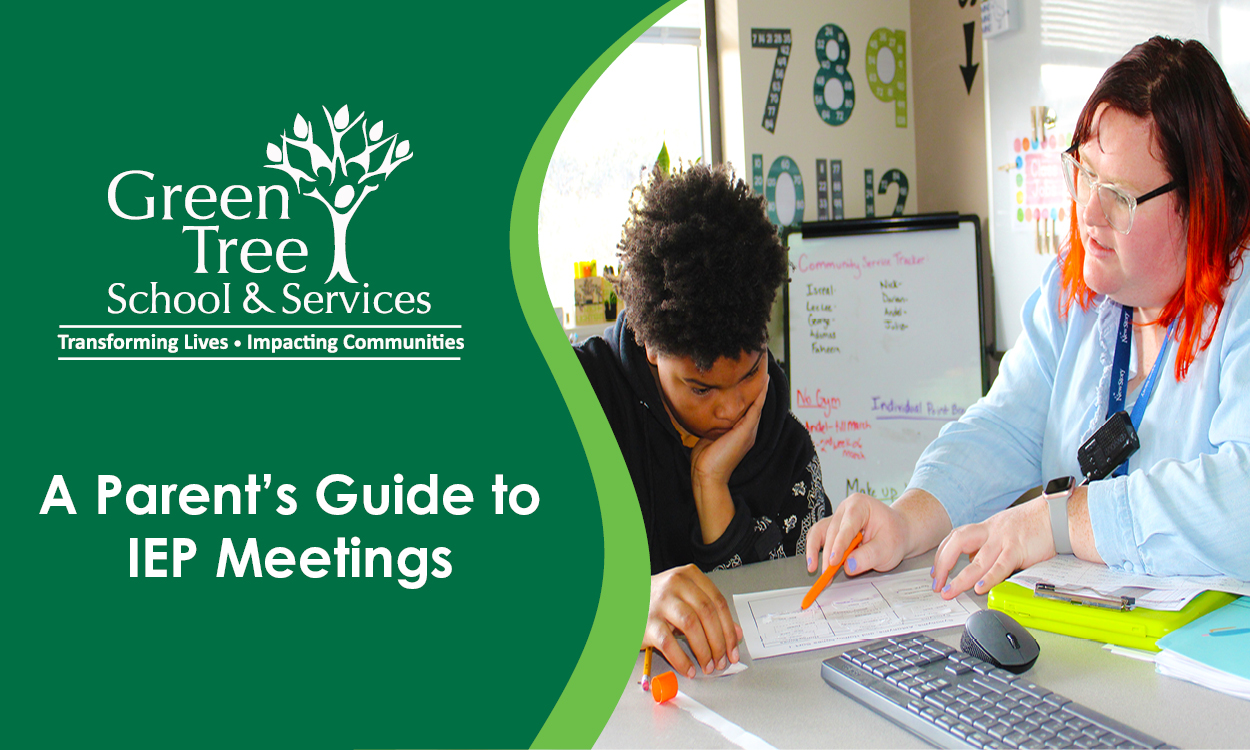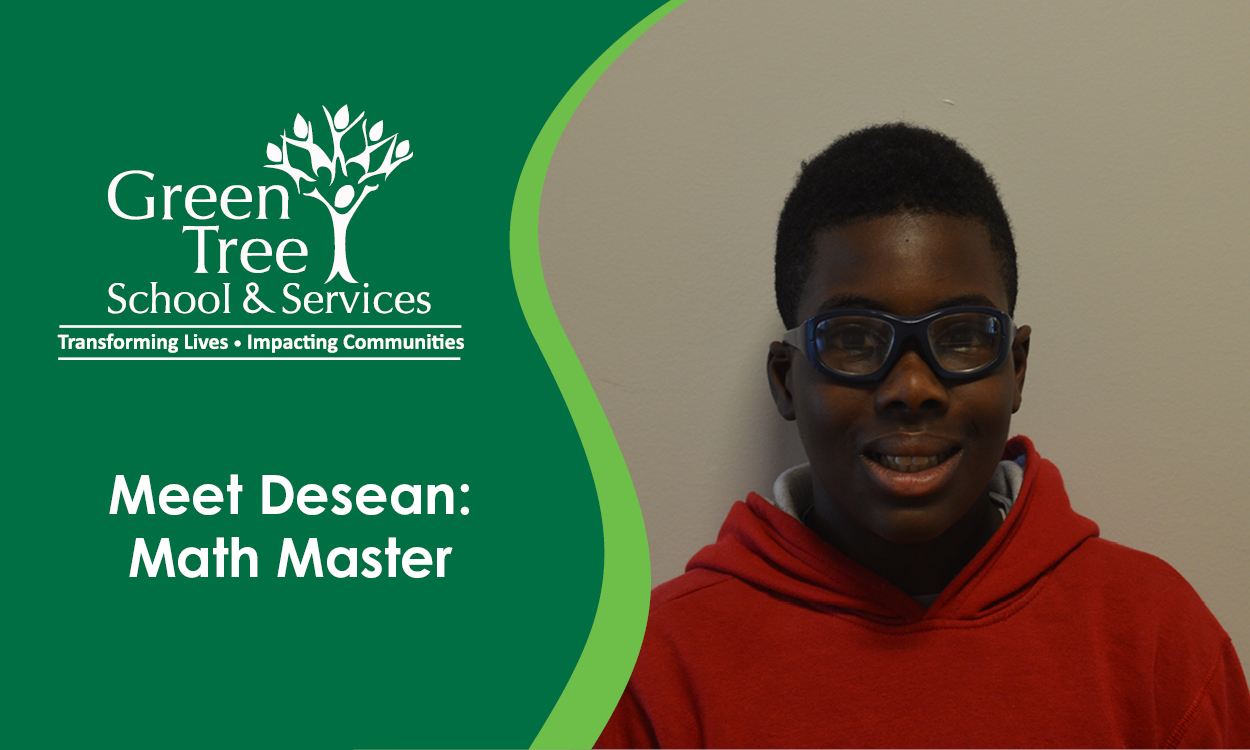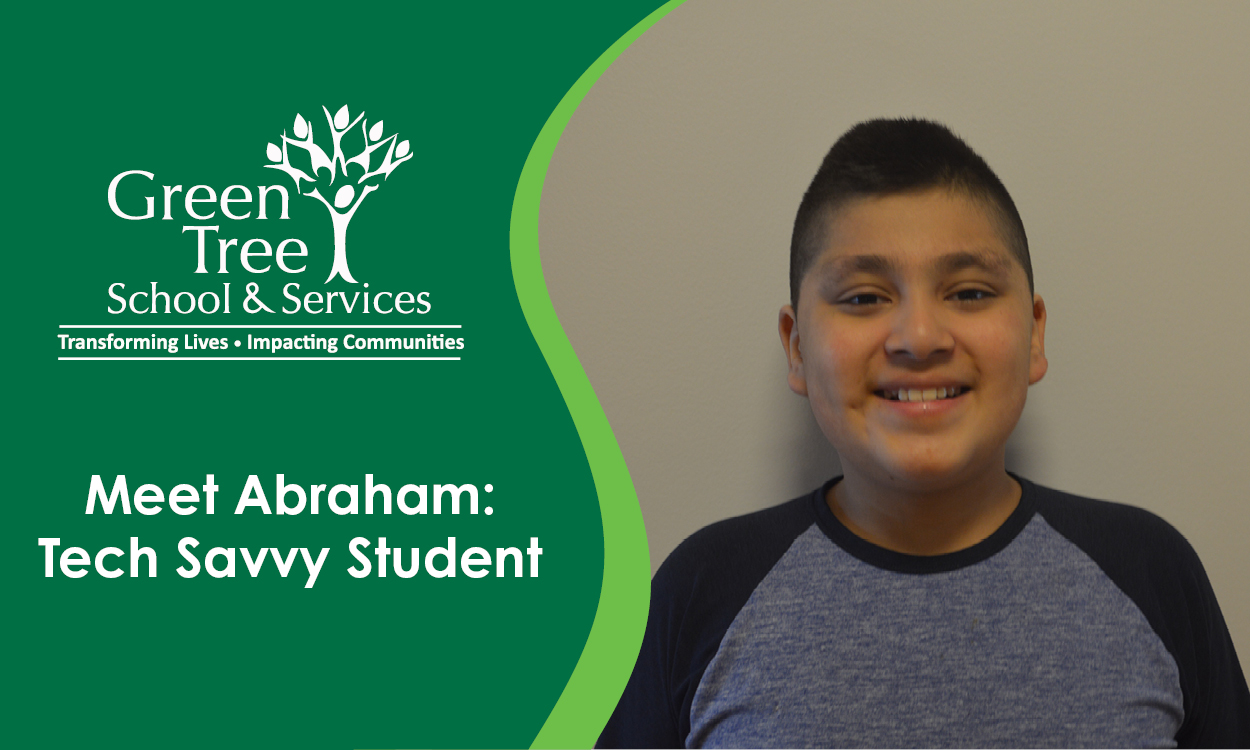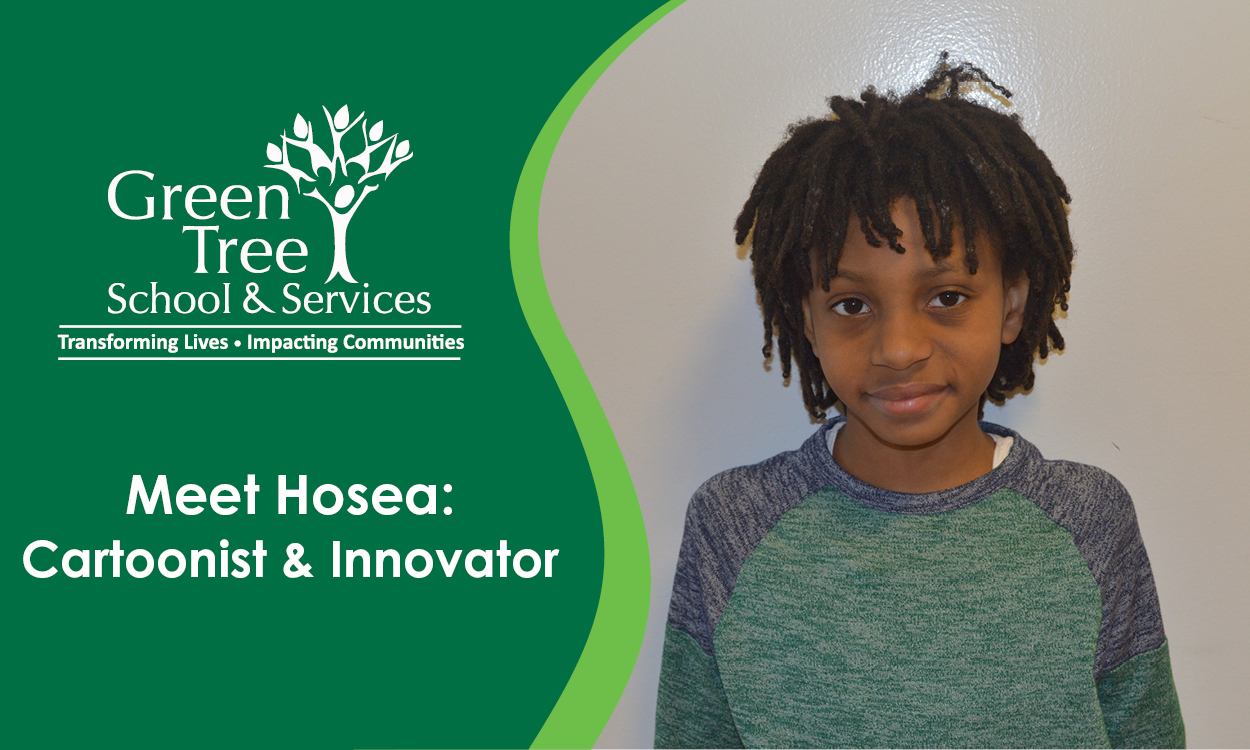Recognizing Signs of Mental Health Struggles in Children
Posted: October 05, 2021 | Written By: Jamie Myers | Category:

According to the Centers for Disease Control, 1 in 6 children between the ages of 2 and 8 are diagnosed with a mental, behavioral, or developmental disorder (CDC.gov). While these conditions are easily recognized in adults, it can be a challenge to recognize them in children, especially teenagers who are already experiencing hormonal changes. Here is a look at some of the common mental health conditions, as well as suggestions for identifying them and supporting a child who may be suffering.
Common Mental Health Conditions in Children:
Anxiety Disorders- children struggle with persistent fears, worries, or anxiety that disrupts their ability to participate in everyday activities such as play, school, or age-appropriate social situations.
Eating Disorders- can be described as a preoccupation with an ideal body type, disordered thinking about weight and weight loss, and unsafe eating and dieting habits.
Depression and Mood Disorders- Depression is a persistent feeling of sadness and loss of interest. This condition affects your child’s ability to function in school and interact with others.
Post-Traumatic Stress Disorder (PTSD)- children who have been exposed to violence, abuse, injury, or other traumatic events can experience prolonged emotional distress, anxiety, unsettling memories, nightmares, and disruptive behaviors.
How Do I Identify if My Child Is Struggling?
- Persistent sadness — two or more weeks
- Withdrawing from or avoiding social interactions
- Hurting oneself or talking about hurting oneself
- Talking about death or suicide
- Outbursts or extreme irritability
- Out-of-control behavior that can be harmful
- Drastic changes in mood, behavior, or personality
- Changes in eating habits
- Weight Loss
- Difficulty sleeping
- Frequent headaches or stomachaches
- Difficulty concentrating
- Changes in academic performance
- Avoiding or missing school
What Can I Do to Support My Child?
If you are concerned that your child is struggling with a mental health condition you should begin by consulting your child’s doctor. Prior to your visit be sure to make a list of behaviors that concern not only you but other adults close to your child including, teachers, caregivers, relatives, and close friends. To make a diagnosis the child’s doctor will likely recommend that your child be evaluated by a clinician, such as a child psychiatrist or psychologist.
Following the evaluation, the clinician may determine a diagnosis and may prescribe treatment.
How Do I Help My Child Cope?
As a parent you will play an integral role in supporting your child’s treatment plan. To not only care for yourself but your child you can engage in the following:
- Learn about the illness.
- Consider family counseling that treats all members as partners in the treatment plan.
- Ask your child's mental health professional for advice on how to respond to your child and handle difficult behavior.
- Enroll in parent training programs, particularly those designed for parents of children with a mental illness.
- Explore stress management techniques to help you respond calmly.
- Seek ways to relax and have fun with your child.
- Praise your child's strengths and abilities.
- Work with your child's school to secure necessary support.
If you are a parent of a child with a mental health condition and need support, resources can be provided by your child’s school or clinician.
Reference:
https://www.cdc.gov/childrensmentalhealth/data.html
Want to be notified of new articles and resources from Green Tree Schools? Click here to submit your email and opt into our newsletter.










